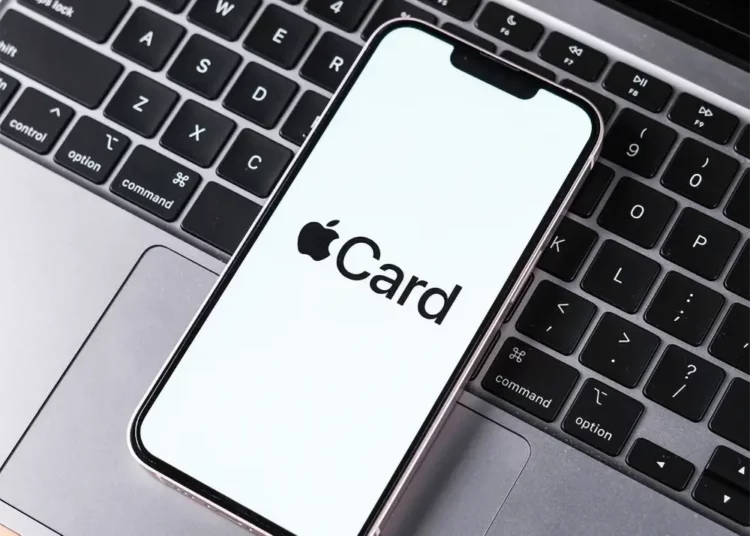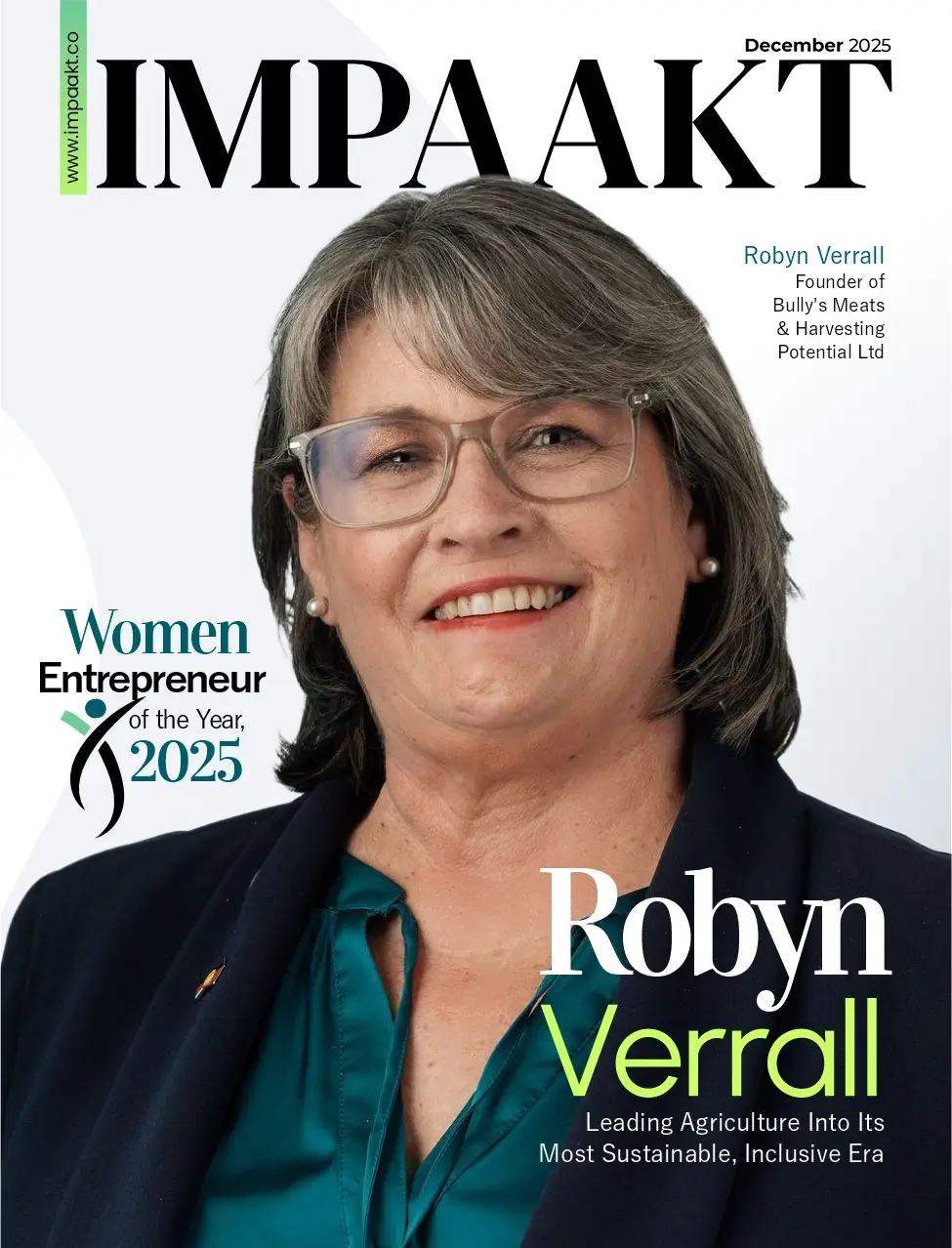Visa has reportedly offered Apple a $100 million deal to replace Mastercard in its payment network. This potential partnership could significantly reshape the digital payment landscape and redefine competition in the industry.
Sources familiar with the matter suggest Visa is looking to integrate Apple’s cutting-edge payment technology into its financial ecosystem. “Apple’s ecosystem is unmatched in its security and user experience, and we see tremendous potential in this collaboration,” a Visa executive stated. Mastercard has long been a dominant force in digital transactions, competing closely with Visa. By bringing Apple into its network, Visa aims to enhance its technological capabilities and gain a competitive edge in digital payments.
Apple Pay has already revolutionized mobile transactions by offering a seamless and secure payment solution. If the deal moves forward, Apple’s role in global financial transactions would be further solidified, positioning it as a major force in fintech.
Analysts marked that Apple’s extensive customer base and technological infrastructure provide it with a unique advantage. Visa’s strategic move aligns with the growing shift toward mobile-first financial solutions. “Consumers increasingly favor seamless and secure digital payment methods. Visa’s integration with Apple could set a new industry benchmark,” a financial analyst commented.
Meanwhile, American Express (Amex) is also vying to replace Mastercard as Apple’s payment network. Reports indicate that Amex is not only seeking to process Apple Card transactions but also to become its issuer. This adds another layer of competition in the financial sector as companies look to partner with the tech giant.
Apple’s existing credit card partnership with Goldman Sachs, which launched in 2019 with Mastercard as the payment processor, has come to an end. As a result, several financial firms are now competing to become Apple’s new credit card partner. Among the contenders, Barclays and Synchrony Financial have reportedly engaged in discussions with Apple, according to industry sources.
Mastercard has not yet publicly responded to these developments. However, industry experts speculate that it may introduce countermeasures or explore new partnerships to maintain its influence in the digital payments sector. This proposed agreement also raises important questions regarding market competition and regulatory scrutiny.
Some analysts believe the partnership could attract antitrust concerns, as Apple’s dominance in multiple sectors continues to expand into financial services. Regulators may examine the potential impact on market dynamics and consumer choice. If finalized, the deal could significantly influence the future of digital transactions and financial technology. “This collaboration could set a new precedent in digital finance and redefine how consumers and businesses handle transactions,” a senior fintech expert noted.
As discussions between Apple, Visa, and other financial firms continue, the financial world is watching closely. The outcome of these negotiations could reshape global payment networks and influence how companies approach digital finance in the coming years.











